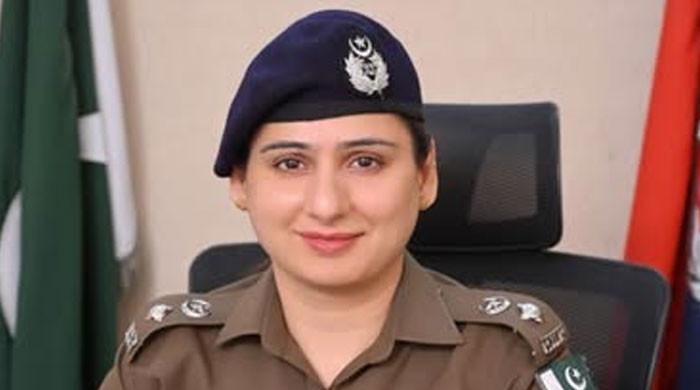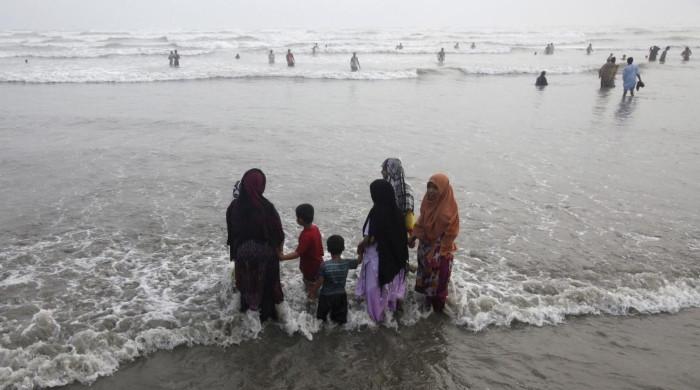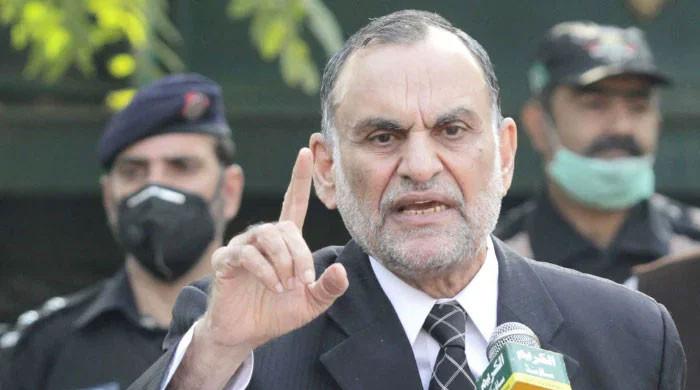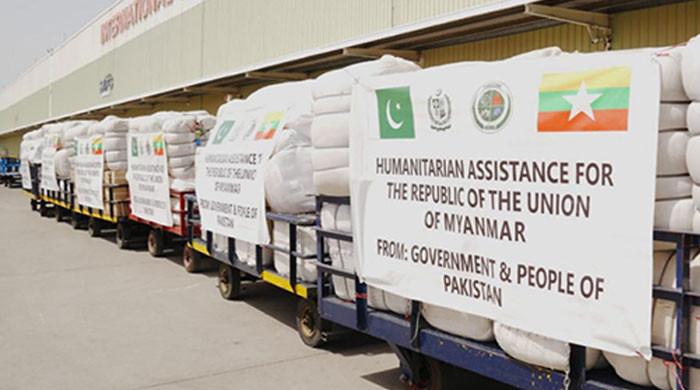University of Swat still awaiting its promised campus
Seven years since it came into existence, University of Swat is still operating out of rented properties
December 04, 2017
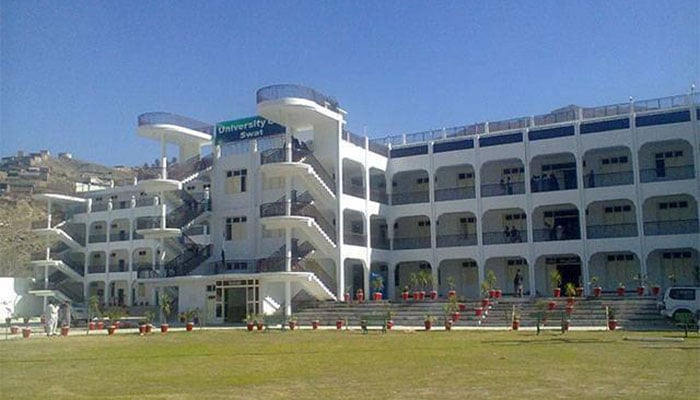
After operation Rah-e-Rast cleared the Swat Valley of militants in 2009, its residents were promised their very first university, to fulfil a longstanding demand of its people.
Then-Prime Minister Yousaf Raza Gilani announced to establish the University of Swat that would offer a wide range of academic programmes at the undergraduate and graduate levels. It has been seven years since and even today the promise for its own campus remains unfulfilled.
The hiccups began soon after Gilani’s statement. Over 200 acres were set aside in Charbagh for the campus. As the funds for construction had yet to be released, Dr Muhammad Farooq, the project director and the founding vice-chancellor (VC), decided to launch the university in a makeshift building of the Government Postgraduate Jahanzeb College. But then, Farooq was gunned down in Mardan in 2011. For the next few months, there was much confusion until the provincial government appointed Dr Farooq Swati as the VC. He quickly set about to acquire the land and set up a committee to evaluate the land’s suitability for construction.
When the report came out on May 31, 2011, it revealed that the proposed site was located near a fault line, although inactive. Then there was the topography. The terrain was uneven, stretching between hard rocks and steep slopes. Landscaping alone, the report estimated, would drive up the cost manifold.
Regardless, work was to go ahead.
In November 2012, Swati was replaced by Dr Jehanzeb Khan for a period of four years. Once in office, he set the wheels in motion. By 2014, a total of Rs2.5 billion was allocated for the construction of the university. Khan increased the number of programmes offered from six to 28. New teachers were recruited, some who held PhDs. But by then there was a new government in Khyber Pakhtunkhwa. Provincial parliamentarians accused Khan of making these appointments illegally and in sheer violation of merit. The wrangling went to court, where the matter is still pending.
Soon after, Khan stepped down and Jehan Bakht was promoted to acting VC, but he too left this year after he was transferred to the Khushal Khan Khattak University in Karak.
Today, the University of Swat has a name and a website but no purpose-built campus. Barely 4,500 students attend classes at a building at Jahanzeb College and other make-shift campuses (operating also, out of rented buildings). Also, since June it has no vice-chancellor.
A deadlock persists between the KP chief minister and its governor on a suitable name for the slot of the VC. Other vacant positions include the registrar, controller, director finance and director planning.
“Three names have been shortlisted by the chief minister,” Mushtaq Ahmad Ghani, the provincial minister for higher education, tells Geo.tv, adding that “the names are now with the governor for final approval. A chancellor will be appointed very soon.”
But even if a new administration is appointed, work on the university is slow going. There is no information or timeline on when the campus will be up and running.
“The building we are studying in right now does not even have enough classrooms,” explains Hamza, a student of business studies, adding that, “We have to wait outside for the senior classes to conclude before we can take their rooms".
There is no laboratory, no research centre, no library and no common area for the boys and girls.
“Sometimes it is difficult to even find a washroom,” adds Asmatullah, another student.
For Swat’s 2.31 million people, according to the latest census results, a centre for higher education still remains a largely unfulfilled dream.






